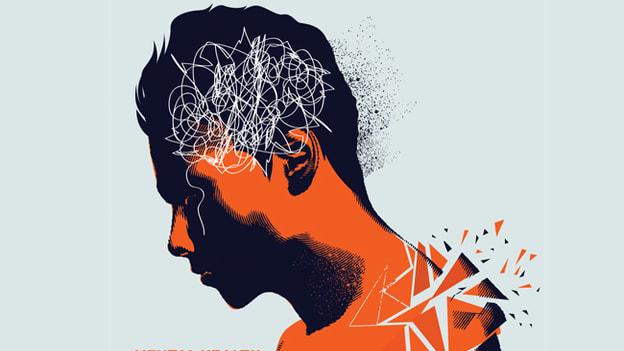
Understanding Depression: Symptoms, Warning Signs, and Seeking Help
An in-depth look at depression, its symptoms, how to recognize warning signs, and the importance of timely intervention.
Introduction
Depression is more than just feeling sad—it is a serious mental health condition that affects millions worldwide. It can impact every aspect of life, from how a person thinks and feels to how they handle daily activities. Recognizing the symptoms and warning signs of depression is crucial for early intervention and effective treatment, which can significantly improve outcomes.
What Is Depression?
Depression is a mood disorder characterized by persistent feelings of sadness, hopelessness, and a lack of interest or pleasure in most activities. Unlike normal emotional responses to life’s challenges, depression is intense and long-lasting, often interfering with one’s ability to function. It can range from mild to severe and affect people of all ages and backgrounds.
The causes of depression are complex and often involve a combination of genetic, biological, environmental, and psychological factors. Stressful life events, trauma, chronic illness, and imbalances in brain chemicals can all contribute to its development.
Recognizing Symptoms and Warning Signs
Depression manifests through a variety of emotional, physical, and behavioral symptoms. These may include:
- Persistent sadness or empty mood.
- Loss of interest in hobbies or activities once enjoyed.
- Changes in appetite or weight (either loss or gain).
- Difficulty sleeping or oversleeping.
- Fatigue or loss of energy.
- Feelings of worthlessness or excessive guilt.
- Trouble concentrating, making decisions, or remembering details.
- Physical symptoms like headaches or digestive issues without a clear cause.
- Thoughts of death or suicide.
It is important to note that not everyone experiences all symptoms, and the severity and combination can vary. However, when these symptoms persist for more than two weeks and interfere with daily life, professional help should be sought.
Impact of Depression
Depression affects not only the individual but also their relationships and community. It can lead to withdrawal from social interactions, difficulties at work or school, and increased risk of substance abuse. The emotional toll can be overwhelming, contributing to feelings of isolation and despair.
Left untreated, depression may worsen and increase the risk of suicide. This highlights the importance of early detection and ongoing support.
Seeking Help and Treatment Options
Fortunately, depression is treatable, and many individuals recover fully with appropriate care. Treatment often involves a combination of approaches tailored to the individual’s needs:
- Psychotherapy: Talk therapies such as Cognitive Behavioral Therapy (CBT) help identify negative thought patterns and develop healthier coping mechanisms.
- Medication: Antidepressants can correct chemical imbalances in the brain and alleviate symptoms.
- Lifestyle Changes: Regular physical activity, balanced nutrition, adequate sleep, and stress management techniques support recovery.
- Support Systems: Family, friends, and support groups provide essential emotional encouragement and reduce feelings of isolation.
Reducing Stigma and Encouraging Dialogue
A major barrier to treatment is the stigma surrounding mental health. Promoting open conversations about depression can help normalize the experience and encourage those affected to seek help without shame or fear. Education and awareness campaigns play a vital role in breaking down misconceptions and fostering empathy.
Conclusion
Depression is a widespread and serious condition, but with awareness, timely intervention, and compassionate support, individuals can regain control over their lives. Recognizing the symptoms early and reaching out for help are the first crucial steps toward healing. Together, we can create a world where mental health is treated with the understanding and care it deserves.